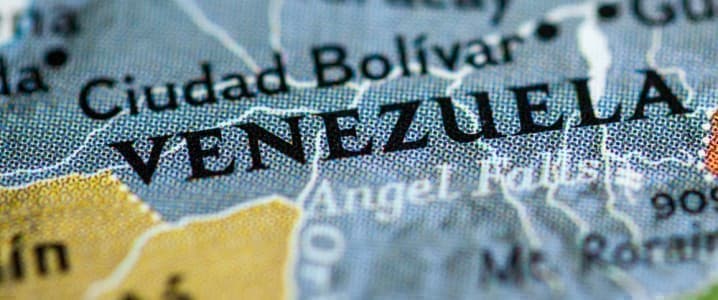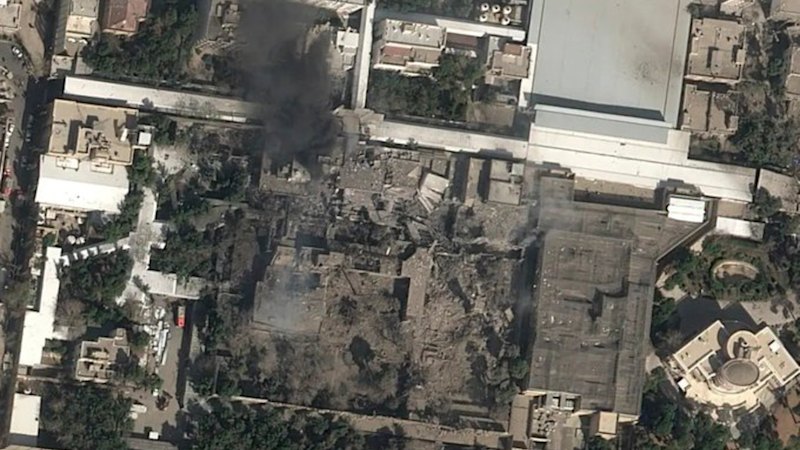
Venezuela is escalating its territorial claims over the Essequibo region, a resource-rich area of Guyana, as President Nicolás Maduro intensifies rhetoric ahead of Guyana’s general elections on September 1, 2023. The ruling People’s Progressive Party/Civic (PPP/C), led by President Irfaan Ali, is seeking a second term amid increasing pressure from opposition alliances.
Maduro’s government has moved forward with elections for local officials in Essequibo, despite a ruling from the International Court of Justice that ordered a halt to such actions. This ruling emphasized that the global community continues to recognize the Essequibo region as part of Guyana. The Venezuelan administration’s decision to proceed with these elections appears to be a direct challenge to both international law and Guyana’s sovereignty.
In recent weeks, Maduro’s language regarding the Essequibo region has grown more aggressive. He has spoken of a potential annexation and has issued threats of a partial conquest, directly targeting international partners, including ExxonMobil, which is heavily invested in Guyanese oil exploration. Analysts suggest that this strategy serves a dual purpose: it aims to consolidate domestic support amidst Venezuela’s ongoing economic struggles while also testing the resolve of the United States and the Caribbean Community (CARICOM) in backing their Guyanese counterpart.
The political climate in Guyana is tense as the upcoming elections approach. Ali’s administration is focused on securing public support while managing the geopolitical implications of Venezuela’s claims. The PPP/C has been working to unify its position against opposition parties, which have been rallying support in light of the escalating territorial dispute.
Venezuela’s actions can be seen as part of a broader nationalist strategy. By invoking historical claims to the Essequibo region, Maduro seeks to galvanize public sentiment and distract from domestic issues, such as hyperinflation and widespread poverty. This tactic mirrors similar nationalist moves seen in other regions, where leaders have leveraged territorial disputes to strengthen their political standing.
As the situation develops, the international community watches closely. The responses from the United States, CARICOM, and other global entities will be crucial in determining whether Maduro’s aggressive posturing will have lasting impacts on the region’s stability. The stakes are high for both nations, as control of the Essequibo region could significantly influence the geopolitical landscape of South America, particularly given its untapped oil reserves.
In summary, Maduro’s provocative actions and statements regarding the Essequibo region are not only a challenge to Guyana’s sovereignty but also a calculated maneuver aimed at shoring up domestic support in Venezuela. As the elections in Guyana draw near, the implications of this territorial dispute will likely shape the political discourse in both countries for the foreseeable future.







